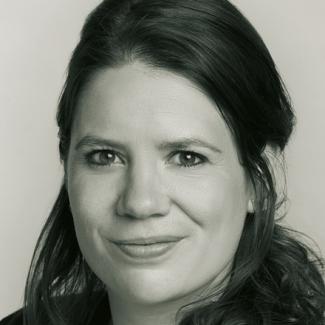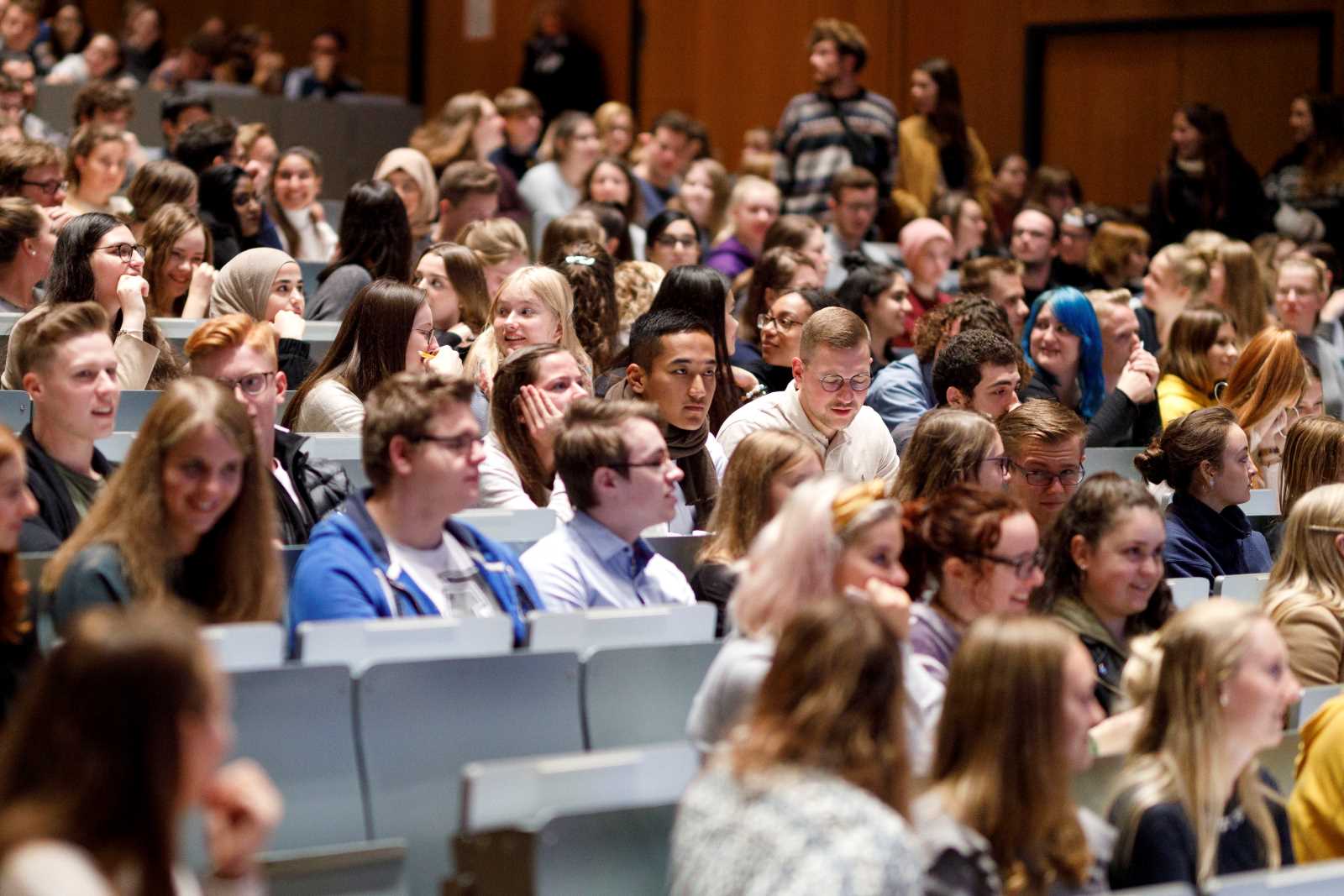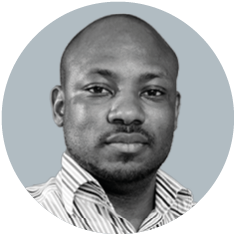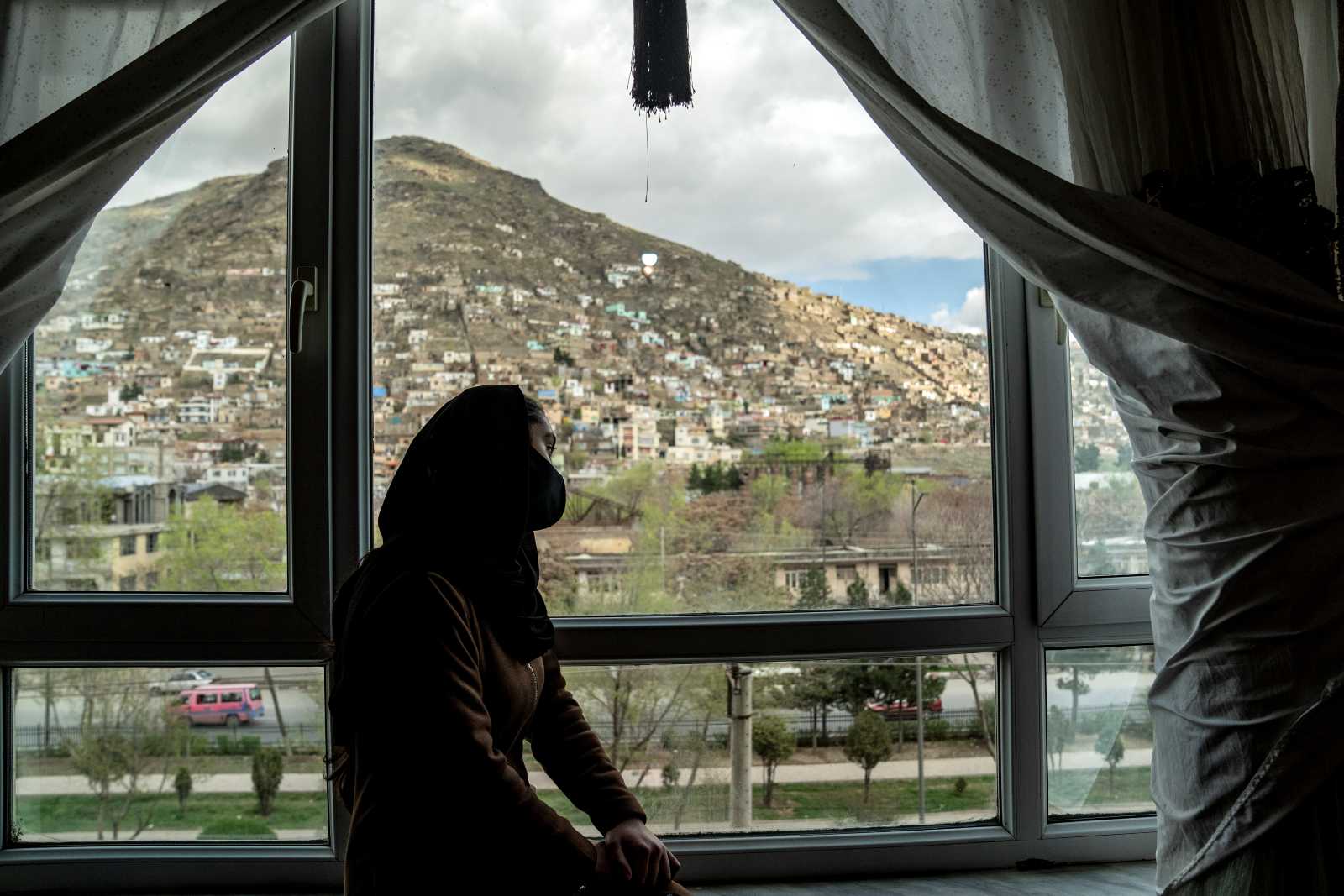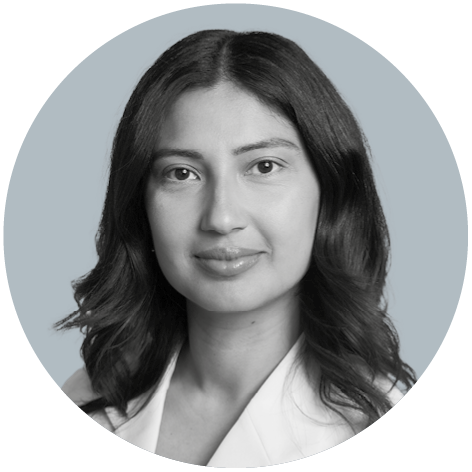Young generation
How Generation Z is changing the world of work in development
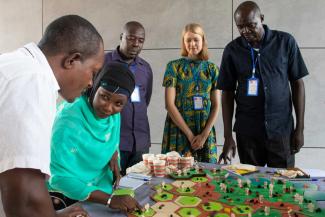
The Centre for Rural Development (SLE) at Berlin’s Humboldt University (HU) is the only university institute in Germany to offer a programme preparing postgraduate students for a professional career in development and international cooperation (DC/IC). Most of the students who graduate from it join DC/IC organisations soon after completing the one-year course.
Since its foundation 60 years ago, the SLE has systematically adapted to changes in the vocational landscape. In the past, the updating tended to be gradual, but in the last three years some major adjustments have been required. The SLE has responded not just by reviewing topics but by developing a comprehensive agenda, under which each individual topic has now been revised, restructured and regeared for a solution-oriented approach to transition.
At the same time, the SLE’s focus, which used to be exclusively on the Global South, has been broadened to include studying the interrelationships between richer and poorer parts of the world.
New attitudes of Generation Z
These changes at the SLE also reflect a shift in the attitudes of today’s postgraduates, the majority of whom belong to the so-called Generation Z. People born between 1997 and 2012 will shape the vocational landscape in the future (see box).
Two developments at the SLE so far have been particularly influenced by Generation Z’s views. Firstly, poverty reduction as an overarching goal of development policy is increasingly seen as a fight against the inequality that exists between economically strong and weak countries. This also raises the question of how actions on one side affect the other. What impacts does resource consumption in industrialised countries have on remote ecosystems in the South, for instance? Answers have been yielded in recent years by tele-coupling, a new field of research at the HU that analyses socioeconomic and environmental impacts over long distances.
Less time abroad
Secondly, extensive foreign travel no longer figures in many job applicants’ portfolio; nor is it, in many cases, on their wish list. This development is primarily due to the Covid-19 pandemic as well as to growing security issues in many countries that were once popular destinations for work stints abroad. They are also more aware of the greenhouse-gas emissions caused by international air travel. Moreover, digital communication makes it possible to work on an equal footing with partners in other countries without being present in person. As a result, organisations in western countries are increasingly attracting young professionals, for example in the fields of environmental and climate protection or education and training.
At the same time, the decline in willingness to spend time overseas has potential drawbacks. For instance, lack of personal contact can make it harder to build relationships with people on the ground.
Changing gender ratios
Some recent operational changes at the SLE relate to the composition of participants. In its first 25 years, the SLE was male-dominated. Then came a period of 25 years when the dominant gender tended to be female. Today, both participants and selection committee are less concerned about which genders dominate. In line with the feminist orientation of German development policy, gender is increasingly relevant at the SLE as an intersectional factor, but no real importance is attached anymore to monitoring gender ratios within teams. Working teams at the SLE may be all-male, all-female or diverse in their composition.
Work-life balance and internationalisation
Major changes are also seen in cooperation during periods spent abroad (Joint International Research Projects, JIRP). Key topics encouraged within teams and by team leaders include consideration of personal needs and setting limits, for example to achieve a reasonable work-life balance. Working through the night is deprecated and no longer considered a positive team experience. Workday structures such as scheduled breaks are strictly adhered to in all teams.
Another change relates to the internationalisation of the degree programme: the SLE operates in a university environment in which master’s programmes are increasingly offered exclusively in English.
At the same time, very good German language skills continue to be important in development institutions within Germany to permit communication between institutions and with the German public. In the future, the SLE aims to use applicants’ qualifications as the sole criterion for admission and employ English as the main teaching language. However, additional German language courses and courses to improve UN language skills will continue to be offered.
This will ensure a high level of proficiency in German among international participants wishing to join German DC/IC organisations. What those organisations can now also usefully do is review their recruitment policies so that graduates are offered equal opportunities regardless of their country of origin.
Susanne Neubert is an agricultural economist and has been a member of the board of directors of the Centre for Rural Development at Humboldt University in Berlin for eleven years.
susanne.neubert@agrar.hu-berlin.de
Miriam Holländer is a social scientist and heads the International Cooperation for Sustainable Development programme at SLE.
m.hollaender@hu-berlin.de

